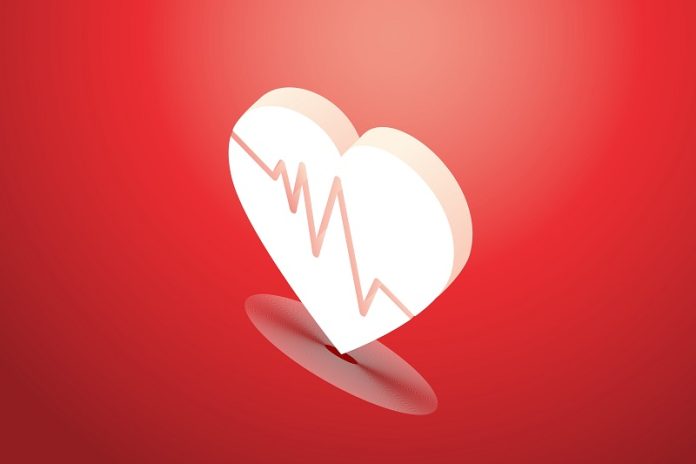
A new study suggests that a routine mammogram, usually used to screen for breast cancer, might also help identify women at risk for heart disease.
The research shows a possible link between breast arterial calcifications (BACs), which appear on mammograms, and cardiovascular disease.
These findings were shared at the 2024 Annual Meeting of The Menopause Society in Chicago.
Heart disease is the leading cause of death for women in the U.S., responsible for about one in three female deaths every year.
However, many tools to assess heart disease risk are not specific to women, and the warning signs often differ between men and women.
Additionally, heart disease can present differently in women from various backgrounds, making it harder to spot.
The new study offers a possible way to help address this issue. By following nearly 400 women for 18 years, researchers found that the presence of BACs on a mammogram could indicate a higher risk of atherosclerotic cardiovascular disease—a condition in which plaque builds up in the arteries, reducing blood flow and potentially leading to heart attacks or strokes.
Breast arterial calcifications appear as white parallel lines on a mammogram and are generally considered harmless.
However, the study found that women with these calcifications were more likely to develop heart disease than those without them. Specifically, 23% of women with BACs went on to experience atherosclerotic heart disease, compared to 13.9% of women who did not have BACs.
Hannah Daley, the lead author of the study from Drexel University College of Medicine, explained that previous research has suggested a link between BACs and heart disease.
However, this study aimed to look at the long-term connection between these calcifications and atherosclerotic heart disease. Based on the results, Daley believes that the presence of BACs on a mammogram should be routinely reported, as it could help doctors assess a woman’s risk for heart disease.
Dr. Stephanie Faubion, medical director of The Menopause Society, expressed optimism about the study’s findings.
She pointed out that the study provides valuable information on how mammograms, a commonly used tool, could also help healthcare professionals identify heart disease risk in women.
Additionally, she noted that the study reinforces the fact that risk factors for cardiovascular disease in women are different from those in men.
This research could help improve how doctors detect and manage heart disease in women by using mammograms as a more comprehensive tool, not just for breast cancer screening but also for assessing heart health.
If you care about heart health, please read studies about how vitamin D influences cholesterol levels, and what we know about egg intake and heart disease.
For more health information, please see recent studies about best supplements for heart disease prevention, and wild blueberries can benefit your heart and brain.



